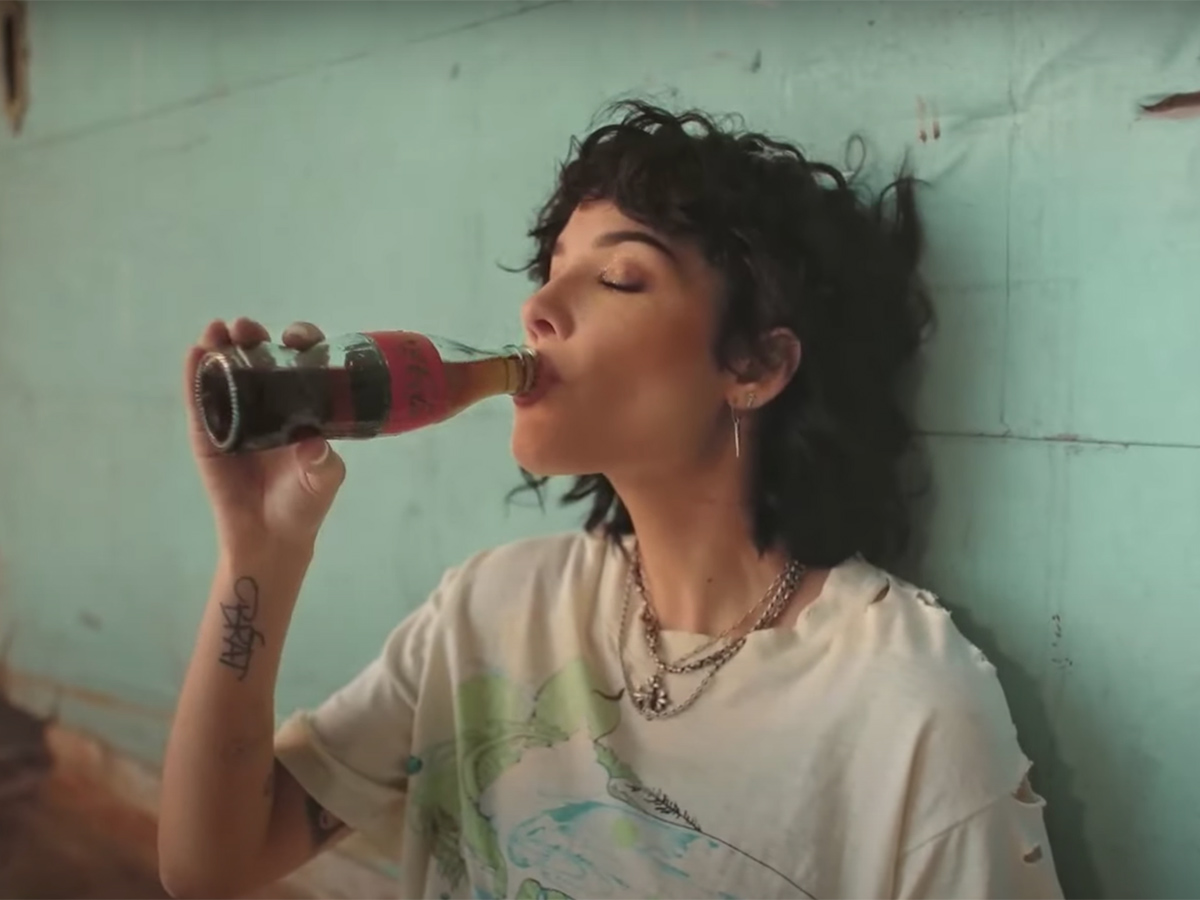Society is fragmenting. People are making more purposeful choices and picking sides to express and convey their personality — and they expect businesses to do the same. While ideological differences will remain, there is a growing opportunity for brands to see their audience as a community who share a common interest — a preference for their products — and use this as a tool for cultivating unity.
A brand is like a community moderator
Though the internet may serve as a space where extreme opinions and polarisation thrive, there is also a growing space for harmony, unity, and collective conversation.
The rise of digital communities on platforms like Discord and Telegram has illustrated the need for safe spaces to bond over shared interests and the importance of moderation. Originally designed as a platform for online gamers, Discord has seen a rapid expansion in communities centred around other interests beyond gaming. Each community has a designated moderator/s to maintain the harmony and focus on the group, aided by the fact that the platform offers a comprehensive guide on how to manage and moderate a community.
A shared negative becomes a positive
Amsterdam-based software developer and founder of Café Robot, Valerie Fuchs recently launched the Tech Imposters Anonymous project — a platform designed to promote a more transparent and supportive mindset in tech and embrace ‘failspiration’. The project encourages people to share moments in their career where they felt like an ‘imposter’ in the hopes of humanising unrealistic expectations and encourage people to bond over less than perfect experiences.
A universal tool for unity
Soft drink giant Coca-Cola is taking its Coke Studio concept global to unify people through music and culture. The platform provides an opportunity for up-and-coming artists to reach new audiences and offers users access to exclusive experiences. Music has always been a tie that binds and unites us, particularly in times of crisis, and Coke Studio is merging its cultural clout with people’s desire to discover and support emerging artists.
Knowing your audience
Make-up powerhouse Bobbi Brown recently responded to a negative TikTok review by influencer Meredith Duxbury over a product from her new venture Jones Road. The review showed Duxbury piling on the Jones Road product, What the Foundation — which is designed for those who prefer a lower coverage look – and criticising the formula. This incident highlights the importance of selecting influencers to work with carefully and seeing them as spokespeople/representatives of the brand and brand community — rather than just hits for marketing.
Duxbury is known for her extremely high coverage approach to foundation application, and her somewhat scathing review highlights the importance of brands and influencers understanding that they cannot represent everyone. They need to remain aware of their niche and ensure the information they share is relevant and conducive to the community they have created.
People now see brands as a community to join, a cause to support and an extension of their identity. The power to pull together a diverse group of people is not to be taken lightly; brands should consider the opportunity to build connections not only between brand and consumer but also the consumers themselves.
Brands can help showcase that it isn’t what divides us that brings us together but instead celebrate shared passions and experiences as jumping off points to create unity and compassion.
Featured image: Coke Studio x Halsey / Coca-Cola

